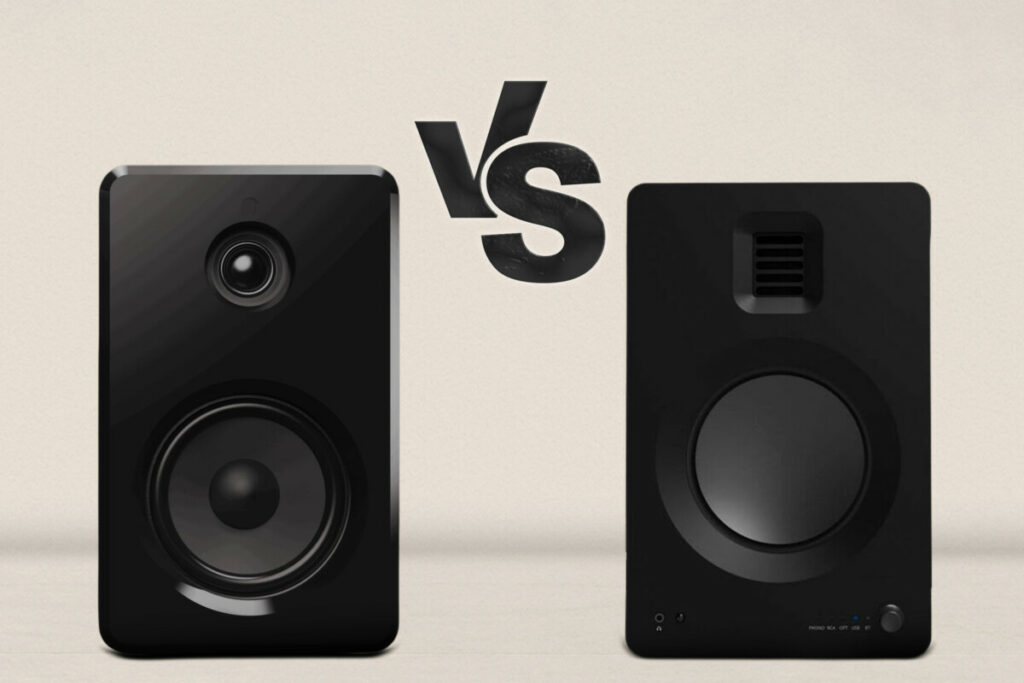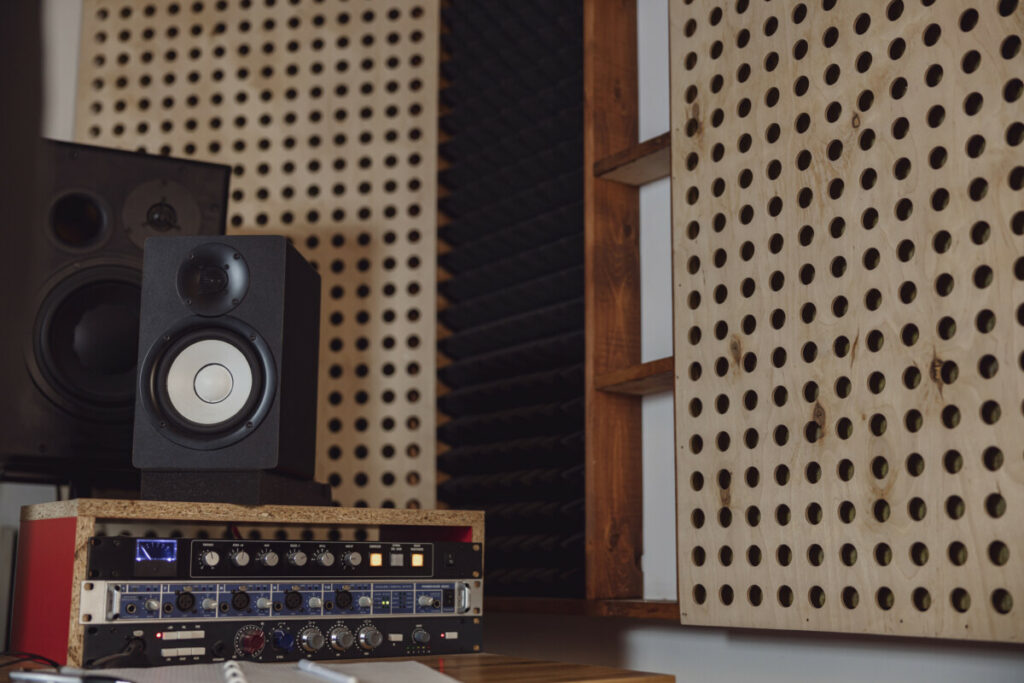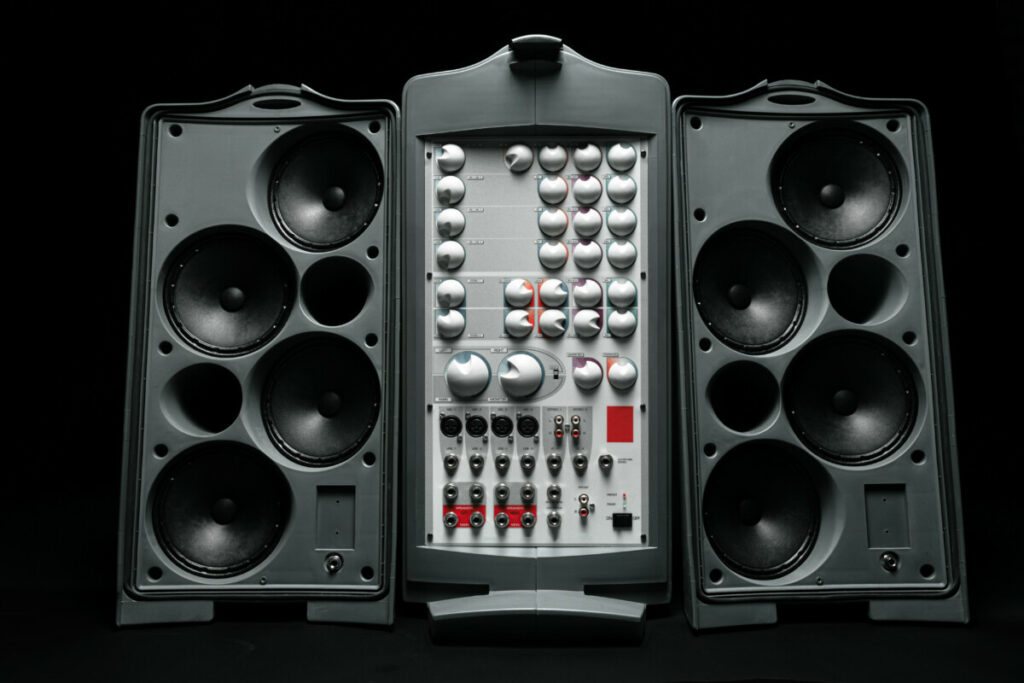
Are 6-ohm speakers better than 8-ohm speakers or vice versa? This is a question that has been asked by many audio enthusists for years, and the answer depends on a variety of factors.
In this article, well explore the key differences between 6-ohm and 8-ohm speakers, as well as how they can affect your listening experience.
By understanding both types of speaker systems, you can make an informed decision when choosing which type to purchase. So let’s dive in!
Differences Between 6-ohm and. 8-ohm Speakers

The main diference between 6 ohm and 8 ohm speakers lies in the impedance they present to the amplifier, with 6 ohm speakers having a lower impedance and 8 ohm speakers having a higher impedance.
Impedance is a measure of a speaker’ resistance to the flow of electrical curent and is expresed in ohms.
Next on, the other difference between these two types of speakers is their efect on the amplifier. A 6 ohm speaker presents a lower resistance to the flow of electrical current, which can result in more power being transfered from the amplifier to the speaker.
This can lead to a higher volume output and a more dynamic sound, but it also puts more strain on the amplifier and increases the risk of damage if the amplifier is not designed to handle a low impedance load.
On the other hand, an 8 ohm speaker presents a higher resistance to the flow of electrical curent, which can reduce the strain on the amplifier and improve its stability. However, this can also result in a lower volume output and a less dynamic sound compard to a 6 ohm speaker.
Another difference between 6 ohm and 8 ohm speakers is their compatibility with diferent amplifiers. While most amplifiers are designed to handle a range of impedances, some may have specific impedance requirements or limitations.
Its important to check the specifications of both the speaker and the amplifier before making a purchase to ensure optimal performance.
In addition, using speakers with diferent impedance ratings in the same system can also affect the overall performance.
While it’s possible to use speakers with different impedances in the same system, it may not be recomended and can result in reduced performance, power handling, and stability.
Advantages and Disadvantages Between 6-ohm and 8-ohm Speakers

Besides the differences between these two types of speakers, I think it is improtant to note the advantages and the disadvantages they own.
Advantages and Disadvantages Of 6-ohm speakers
6-ohm speakers are often lauded for their superior sound quality and power handling. They have higher sensitivity than 8-ohm speakers, which means they require less amplifier power to achieve the same volume level.
6-ohm speakers also tend to have better bass response, resulting in a fuler, richer soundstage.
6-ohm speakers can be more dificult to drive than 8-ohm speakers, and require higher powered amplifiers for optimal performance. This makes 6-ohm speakers a less atractive option for those on a budget, or with limited amplifier power.
Advantages and Disadvantages of 8-ohm speakers
8-ohm speakers have the advantage of being more eficient than 6-ohm speakers. This means that they can produce sound even on lower wattage amplifiers, or at higher volumes using low powered amplifiers.
8-ohm speakers also tend to be les expensive, making them a great option for budget conscious shopers.
8-ohm speakers have lower sensitivity than 6-ohm speakers, and require more ampifier power to achieve the same volume level. They also tend to have less bass response, resulting in a less powerful soundstage.
Choosing the Right Speakers

Choosing between 6 ohm and 8 ohm speakers can be a complex process, as it depends on several factors, including the specifications of your amplifier, your desired volume output, and your desired sound quality.
Heres a comprehensive buying guide to help you make an informed decision:
Check the specifcations of your amplifier: The first step in choosing between 6 ohm and 8 ohm speakers is to check the specifications of your amplifier.
Most amplifiers are desined to handle a range of impedances, but some may have specific impedance requirements or limitations. Its important to consult the manual or the manufacturers website to determine the optimal impedance range for your amplifier.
For instance, it is worth knowing whether your speaker will work properly with a specific amplifier. Stoping at 8-ohm speakers, I think you should know whether you can use 8-ohm speakers with a 4-ohm amplifier.
Consider your desired volume output: If you’re looking for a high volume output, a 6 ohm speaker may be the better choice, as it presents a lower resistance to the flow of electrical curent, which can result in more power being transfered from the amplifier to the speaker.
However, if you’re looking for a more stable performance and reduced risk of damage to your amplifier, an 8 ohm speaker may be a better choice.
Take into account the desired sound quality: Another factor to consider when choosing between 6 ohm and 8 ohm speakers is the desired sound quality. A 6 ohm speaker can produce a more dynamic sound, but an 8 ohm speaker can offer a more stable performance.
If sound quality is a top priority, consider listening to both types of speakers before making a purchase to determine which one meets your needs, and maybe you will also find yourself comparing 2 ohm and 4 ohm speakers.
Compatibility with other components: If you’re using other components in your audio system, such as a subwoofer or a crossover, it’s important to ensure that they are compatible with your chosen speakers.
Consult the specifications of each component and check with the manufacturer if necesary to ensure that they work well together.
Consider the cost: The cost of 6 ohm and 8 ohm speakers can vary widely, depeding on the brand, the specifications, and the desired sound quality.
While cost shouldn’t be the only factor in your decision, it’s important to consider it when making a purchase to ensure that you get the best value for your money.
Conclusion
So, as you can see, both 6-ohm and 8-ohm speakers are great in terms of sound quality, but still, they are completely different things when it comes to the speaker impedance, and basically, it is similar to the various differences in 4ohm and 8ohm speakers!
As mentioned through the article, choosing between these two types of speakers is always up to you, but still, I hope this article provided you with everything you needed to know about the comparison! Good luck!
Composer & Audio Engineer
I’m a composer and audio engineer crafting sonic magic. Combining my skills in rhythm, harmony, and sound synthesis to create the ultimate auditory experience.





